AI Tools As Science Policy Advisers? The Potential and the Pitfalls
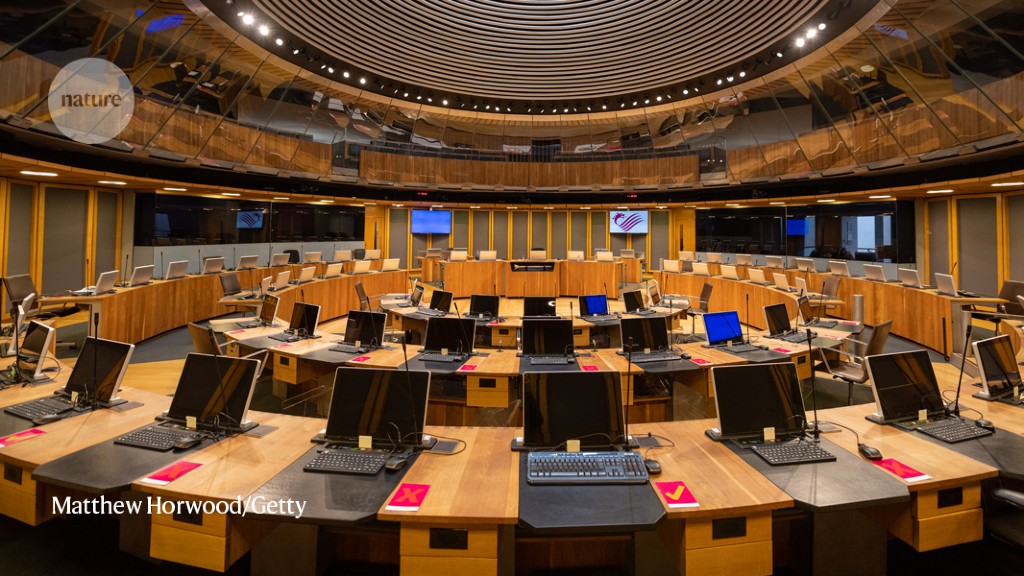
Send us a link

Meta-regulation - the rules that govern how individual policies are developed and reviewed - has not received much attention in the study of health policy. Far from value-free and objective, they have however significant potential to shape policy outputs and, as such, health outcomes.
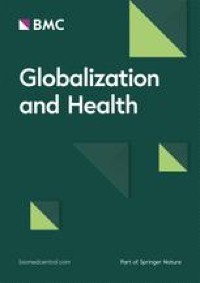

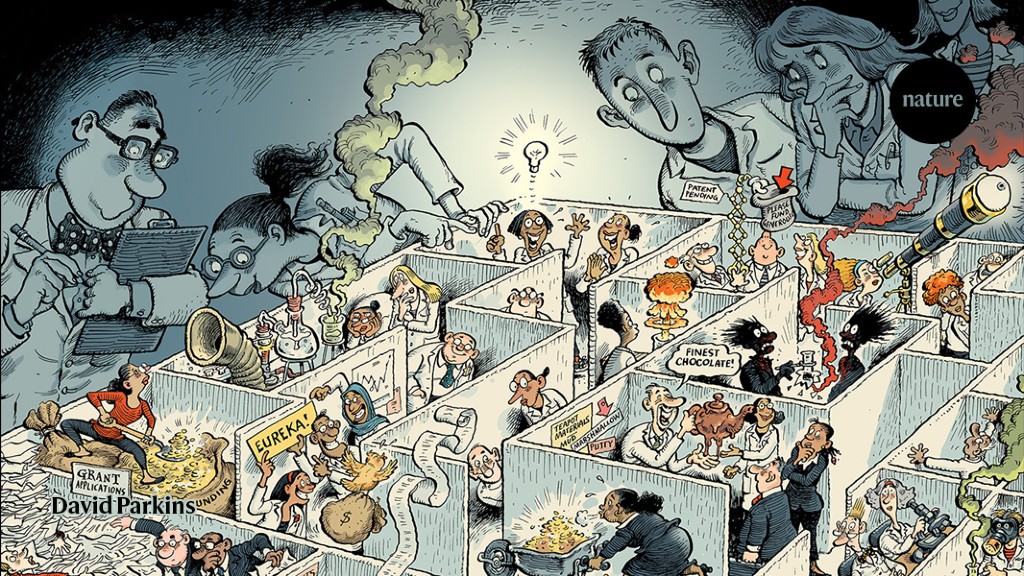
UN Secretary-General António Guterres has announced the creation of a Scientific Advisory Board “to advise UN leaders on ... how to harness the benefits of these advances and mitigate potential risks.”
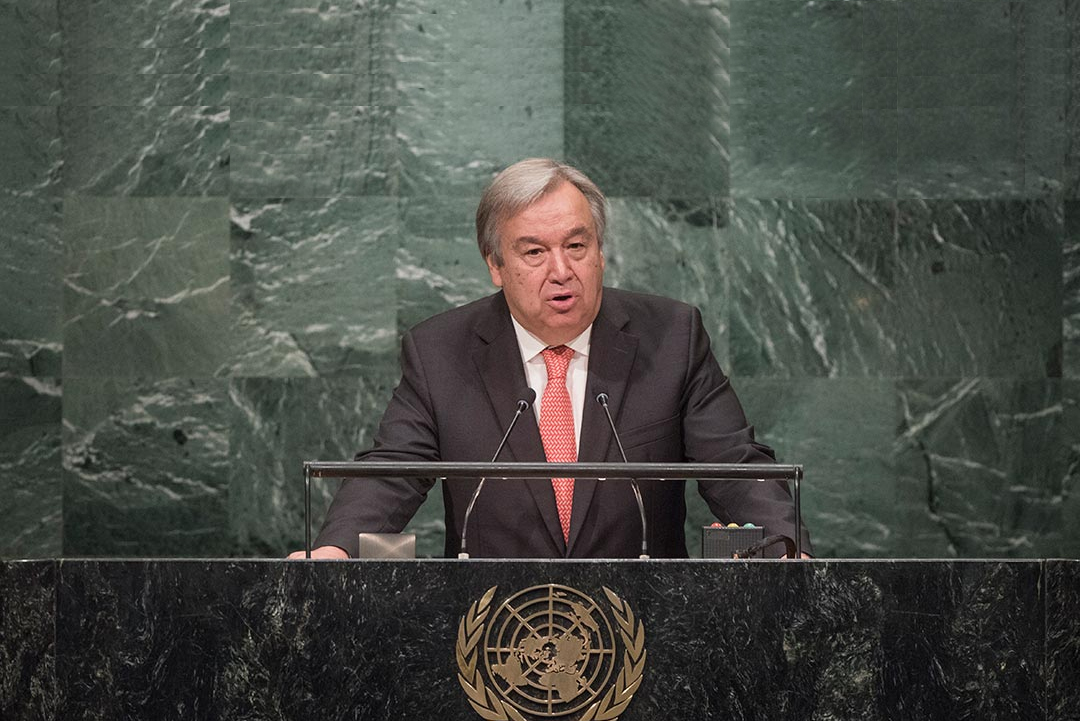
There is a debate on shifting research away from biomedical treatments towards health promotion and well-being. This study examines if research agendas are responsive to these demands in cardiometabolic and mental health.
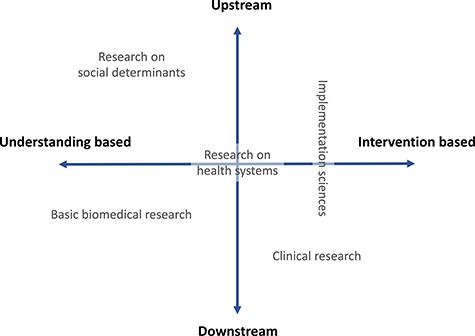
The new government faces a difficult task to stimulate research and development, hampered by an unskilled workforce. The election result comes as the country is pursuing plans to move from a heavy-industry-based economy to one geared towards innovation, known as Thailand 4.0.


Members of the University and College Union (UCU) are continuing a marking and assessment boycott over pay and working conditions. The BBC spoke to students and staff at the University of Cambridge about how the situation is being handled there.
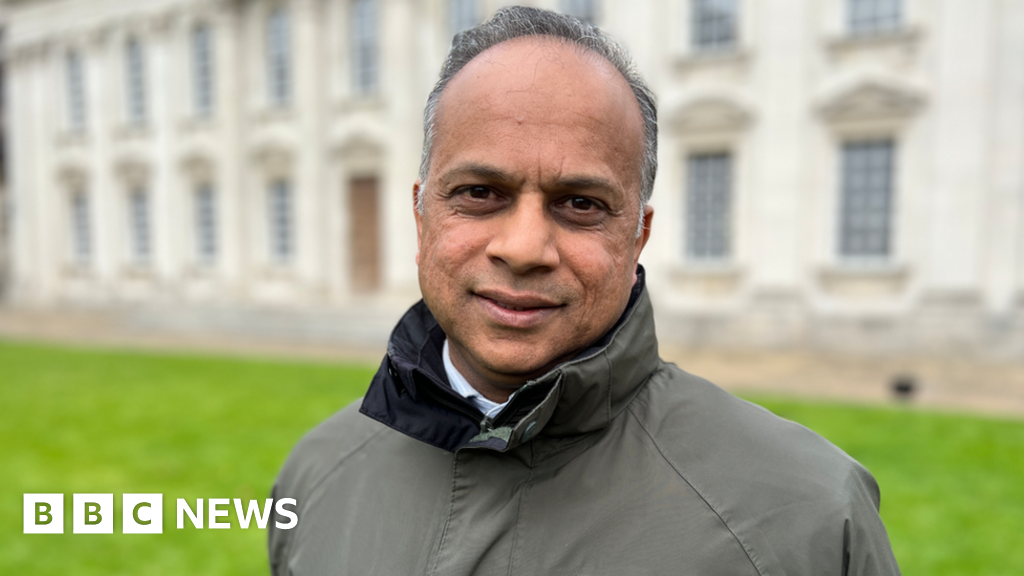
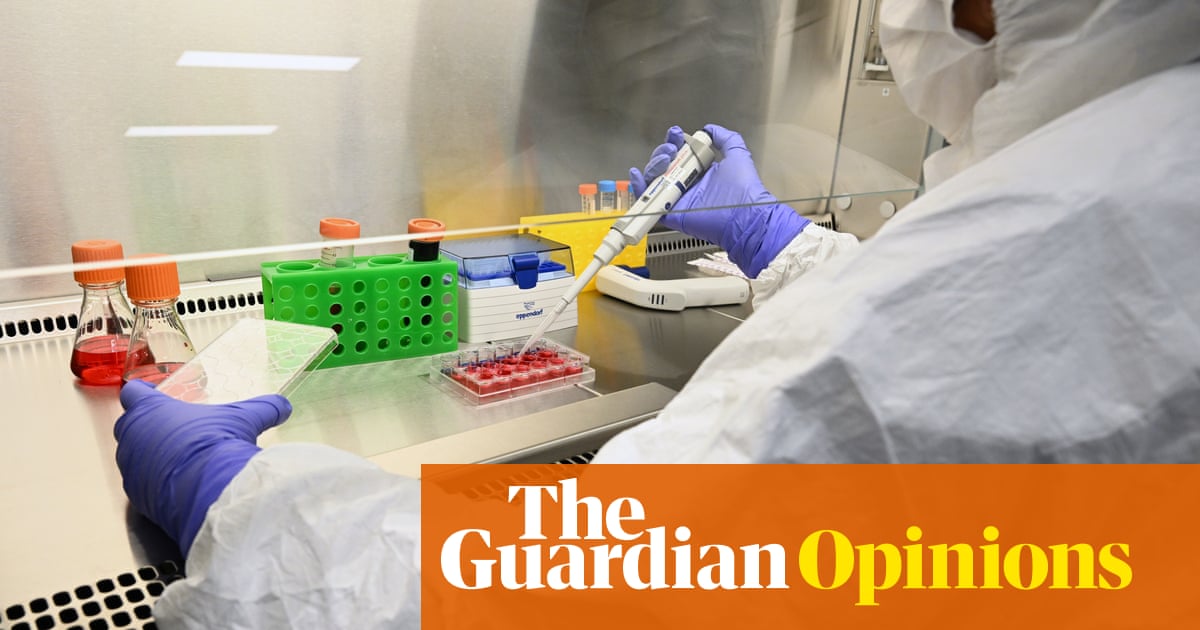

The incredible success of Large Language Models like ChatGPT is both a scientific breakthrough and a boon for future scientific discovery. What is Open AI's role in this?

The One Environment-One Health framework proposes new research and policy solutions that better informs the complex interactions among environmental, social and economic systems.

Behavioural science is increasingly used in the public and private sectors, but it has been subject to several criticisms. This Perspective proposes a manifesto for behavioural science, addressing these criticisms and describing a way forward for the field.
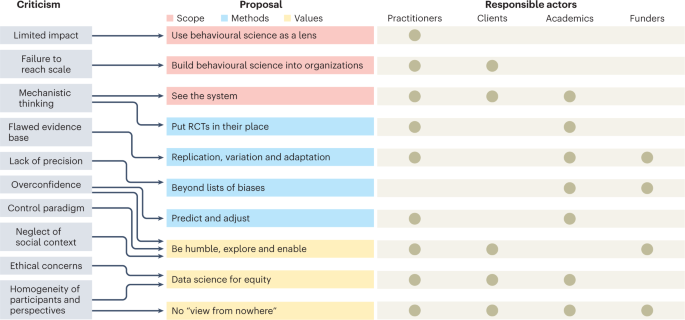
Many people in the bureaucratic machinery have little interest in research
Five pointers to help researchers get policymakers interested in their work, based on a guide co-created by government and academics from the University of Leeds
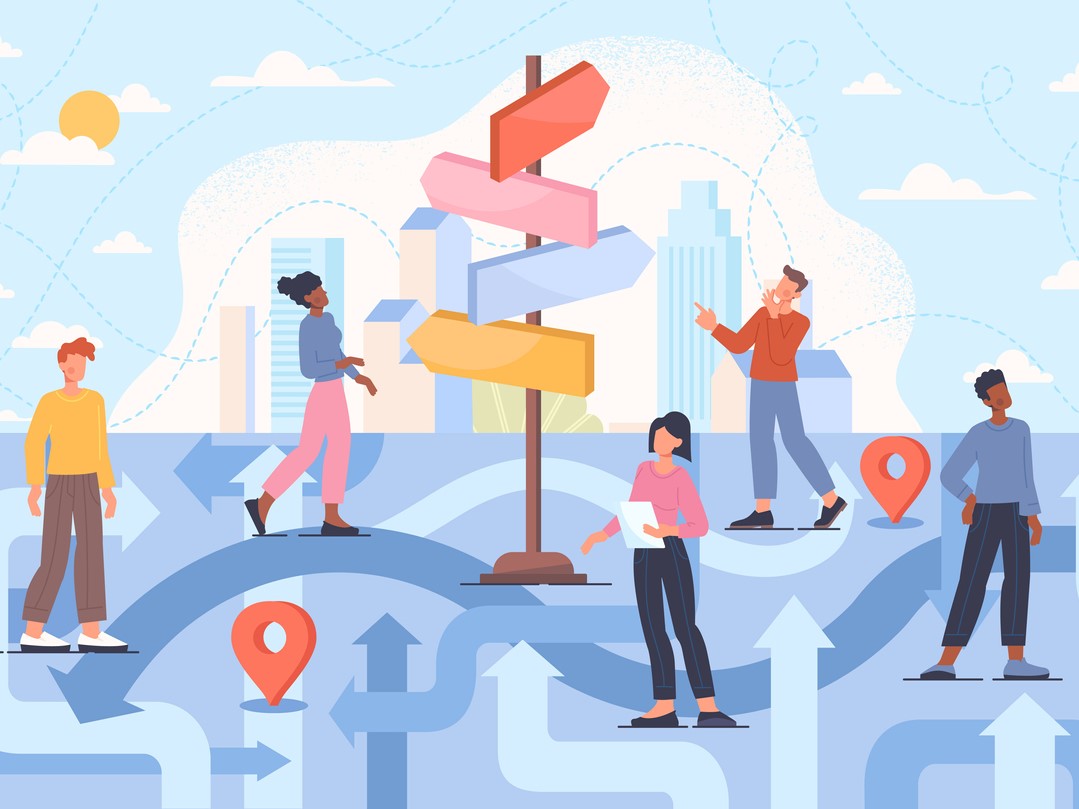
"The Next 75 Years of Science Policy," a collection of essays presents a wide range of visions for how science might serve society in the coming years.

The European Research Area (ERA) Forum is about to enter its implementation phase, after mapping out priorities across twenty R&I policy actions proposed by the European Commission.
Agricultural engineering professor Ben Runkle has co-authored a report by leading ecosystem scientists and policy experts, calling for a scientific approach to nature-based climate solutions in the United States.
A new study provide scientific evidence assessing how effective governments will be at implementing their commitments to the agreement that will reduce CO2 emissions causing climate change.
The evaluation of the Ethics and Governance of AI Initiative is presented in this report.

Ecologists and policymakers presented their perspectives at a debate on biodiversity.
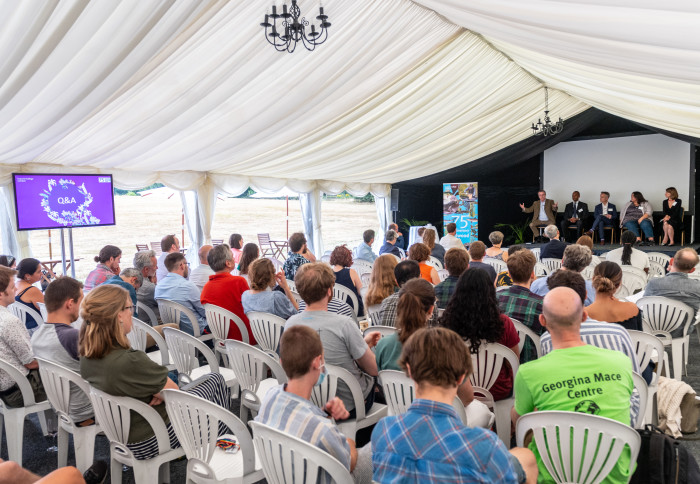
Universal basic income has repeatedly been shown to help the most vulnerable groups in society. But none of the successful trials have ended with the implementation of basic income as a policy. Why?

President Biden's efforts to remake US R&D policy took a hit Monday, as his chief science adviser, Eric Lander, unexpectedly resigned following an internal White House investigation of claims he had bullied members of his staff.
How are scientists supposed to convey timely warnings and inform policymaking? What lessons have we learned at bridging the enduring gulf between environmental science and policymaking?
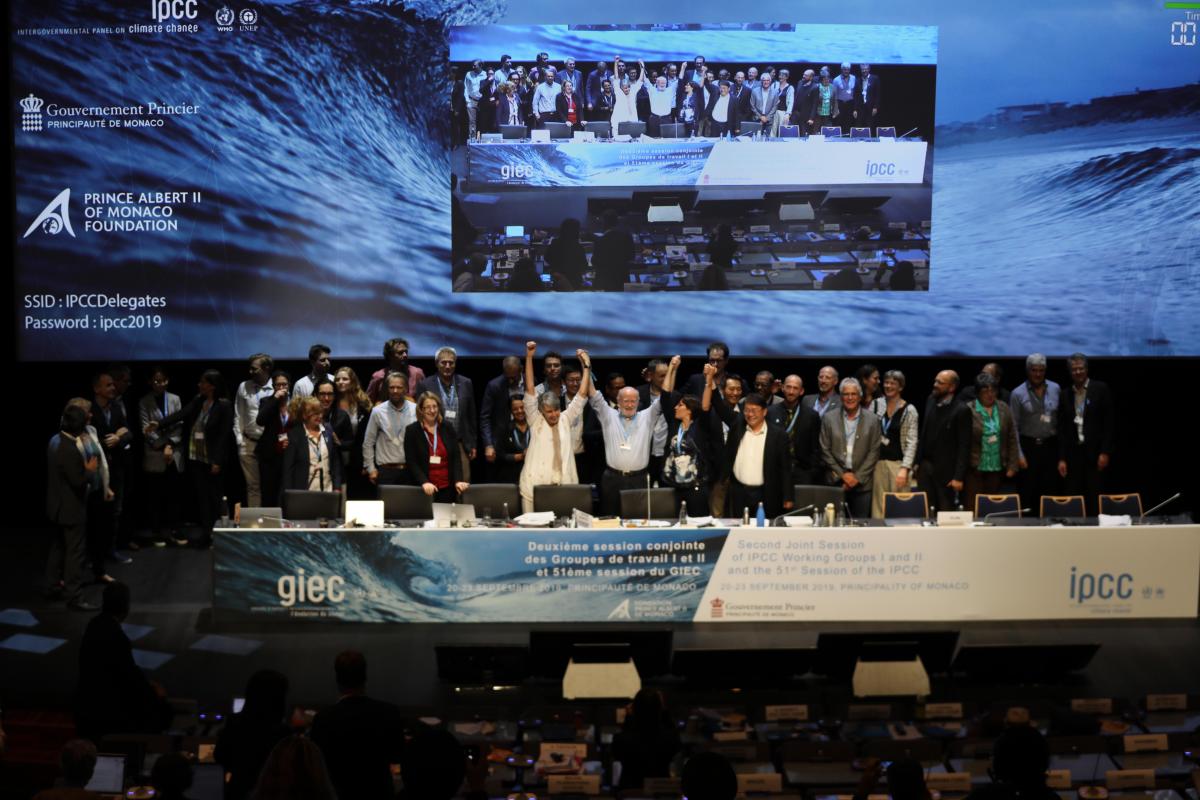
Science, technology and innovation (STI) policy is shaped by persistent framings that arise from historical context.
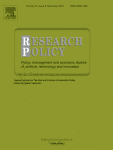
What are the main six debates to watch this year in European research policy?